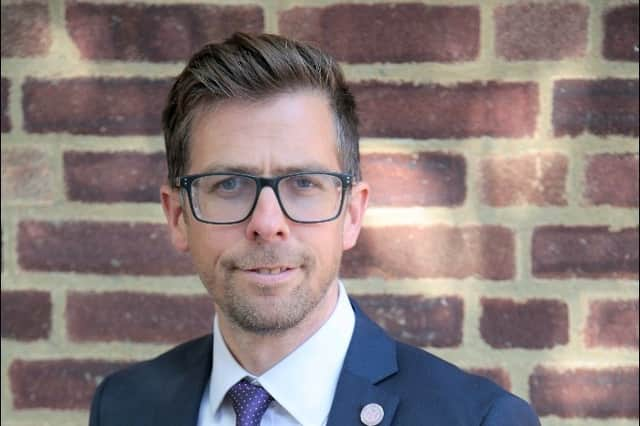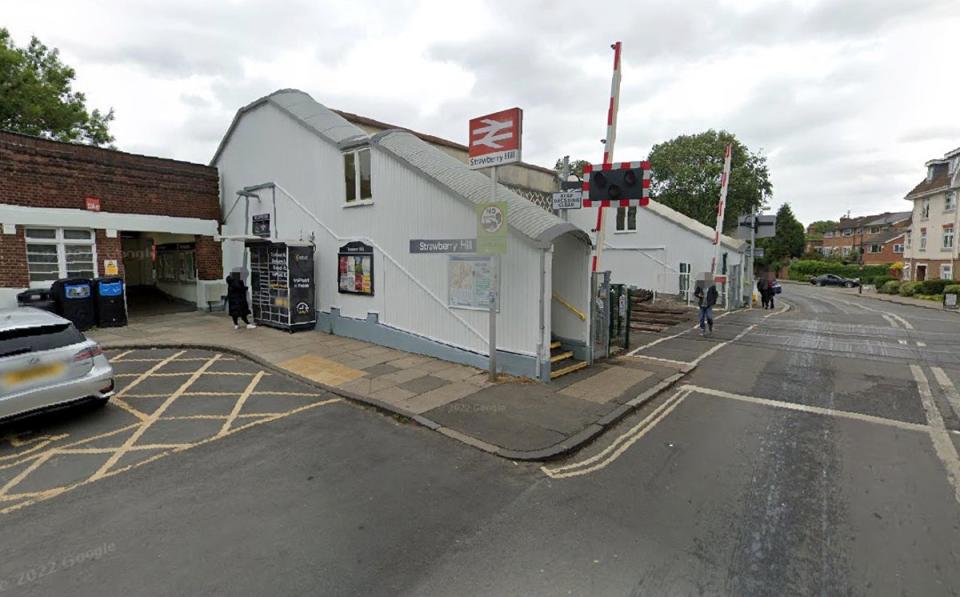A woman who killed her disabled 10-year-old son after undergoing a breakdown during the UK’s coronavirus lockdown has been detained in hospital indefinitely.
Dylan Freeman had been “an indirect victim” of the interruption caused by Covid-19 to normal life, said Mrs Justice Cheema-Grubb as she sentenced his mother, Olga Freeman, 40, at the Old Bailey.
Freeman had been struggling to care for her child, who was found dead at their home in Acton, west London, on 15 August, and was said by the judge to have reached her “wits’ end”.
An independent serious case review is under way into the handling of the case and will be investigating alleged failures to offer sufficient support to the mother. The role of Ealing council had been a source of additional stress for her, a prosecutor told the court.
“I have no doubt at all that you were a remarkably loving and dedicated mother to a vulnerable child until multiple pressures overwhelmed you and your mind was swamped by a destructive illness with florid psychotic elements,” Freeman was told by Cheema-Grubb.
“To some unknowable extent, it should be recognised that Dylan was an indirect victim of interruption to normal life caused by the Covid-19 pandemic.”
The boy was found in the master bedroom of the house, covered by a duvet and with toys placed beside him. A postmortem gave the cause of Dylan’s death as restriction of the airways.
At the time of his death, his father, the celebrity photographer Dean Freeman, was in Spain.
Freeman had been charged with murder but last month admitted manslaughter on grounds of diminished responsibility. The plea was accepted by prosecutors.
Freeman appeared in court on Thursday by video link and was handed a hospital order without limit of time.
Dylan had been diagnosed with autism, global neurodevelopmental delay, progressive myopia and significant difficulties with language and communication, self-help and independence.
He required round-the-clock care and had attended a special school five days a week but had been unable to go during the lockdown. His mother had a history of depression but had been an “attentive and loving mother”, the hearing had been told.
Prosecutor Gareth Patterson QC said: “However, last year during the first lockdown and through the summer she struggled more and more with her son. Eventually she suffered a mental health breakdown.”
Dr Martin Lock, a psychiatrist, found Freeman, who had a law degree, “developed psychotic symptoms when under very heavy stress because of the Covid-19 lockdown”.
It was made “considerably worse by struggling to look after Dylan” and “several times worse because of the Covid-19 lockdown and the closure of Dylan’s school”, he said in his report.
Requests were made to increase support for Dylan’s care but Ealing council appeared to be “slow” in responding.
“What is clear from the police investigation, is that the council does seem to have been slow in determining her requests for increased financial assistance and she felt let down by the council,” added Patterson.
“The role of the council does seem to have been a further source of stress for the defendant at what was a very difficult time.”
Even her request to the council to pay back the cost of toys for Dylan was declined, the court heard.
A child safeguarding practice review (CSPR) is to consider the impact of the Covid-19, according to a statement issued on behalf of Ealing Safeguarding Children Partnership, which includes members from private, voluntary and public bodies in the area. It added that it was clear from evidence from the review so far that Dylan’s death could not have been foreseen.
It added: “Dylan was receiving 30 hours of care a week, 16 of which were funded through direct payments from the council. Although Mrs Freeman requested that the council meet the full financial cost, she had assured that this care package was in place. The council was in the process of approving the cost of the additional hours.”
“Regular contact was maintained between professionals of all agencies and Dylan and his mother. A high level of support remained in place, including the option of Dylan returning to school as the school remained open. But the challenges arising from the pandemic and Mrs Freeman’s concern for Dylan’s health meant that she felt unable to take up the breadth of services that were offered to the family.




